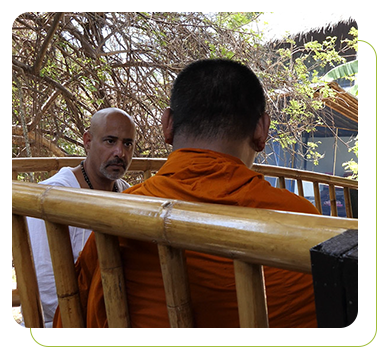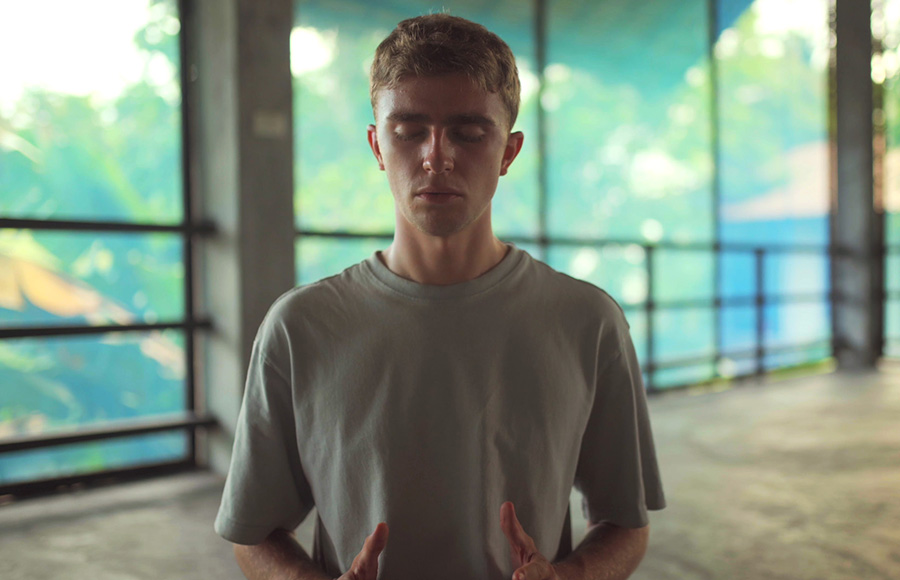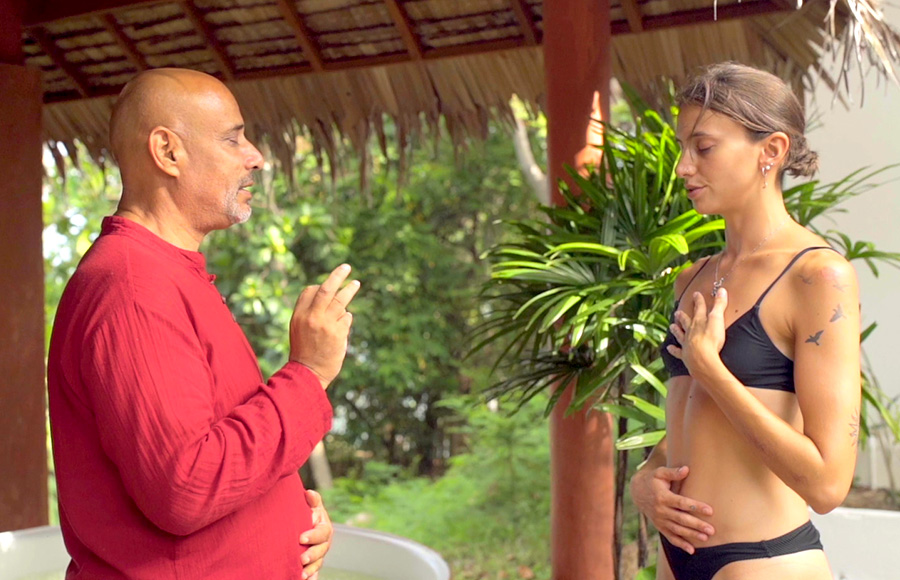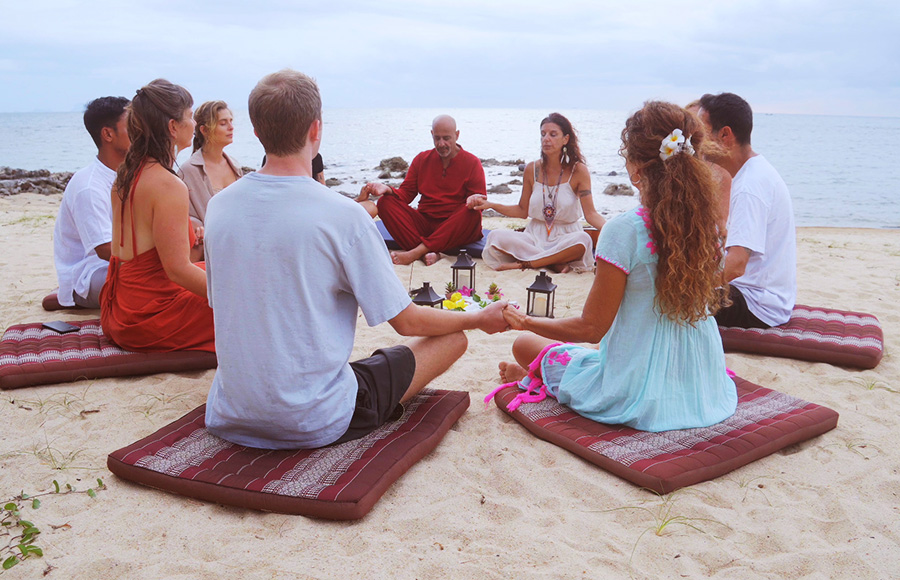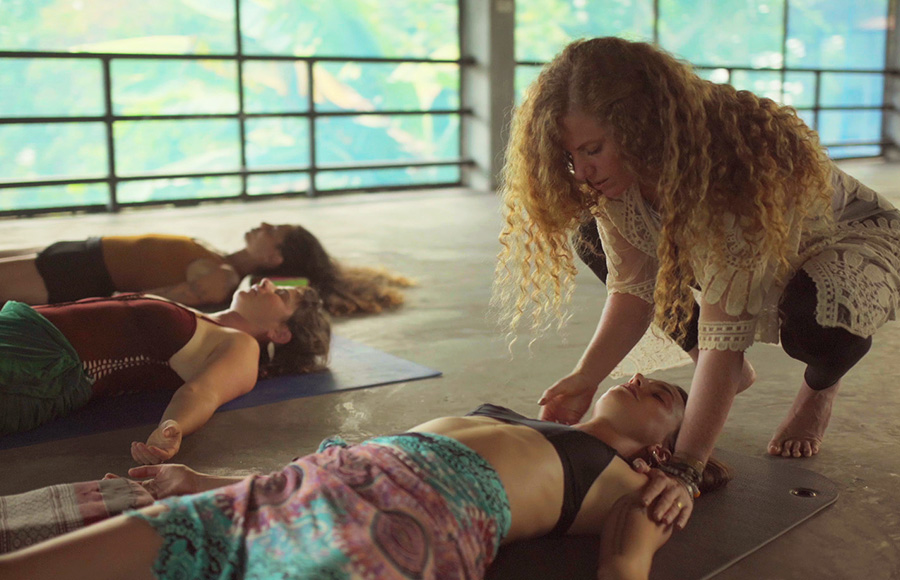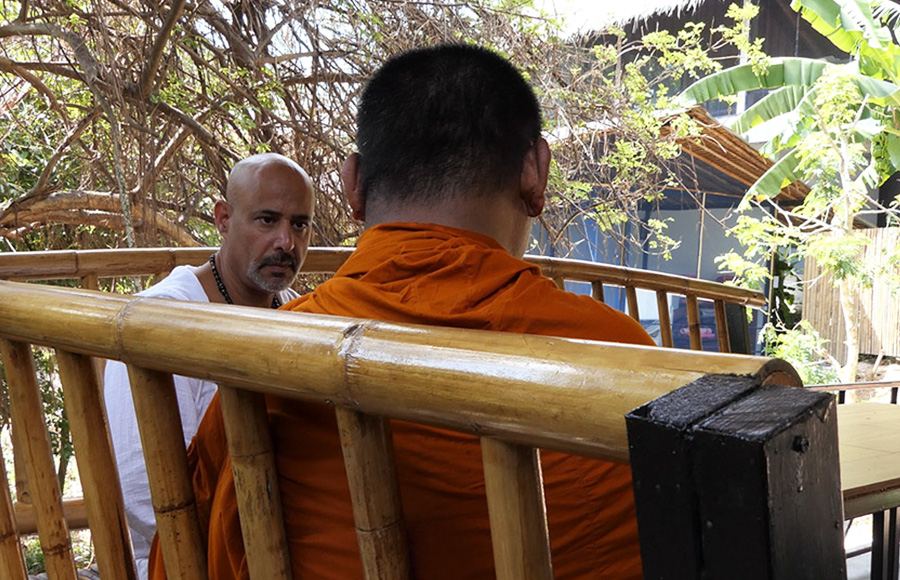Creating Belonging in Rehab: Why Community Matters for Neurodiverse Healing
05 min read

Why Belonging Is the Foundation of Recovery
Addiction thrives in isolation. Many people who struggle with substance use report feeling disconnected from their families, friends, and communities. For neurodivergent individuals — including autistic adults, people with ADHD, dyslexia, or sensory processing differences — this sense of disconnection is often amplified.
From early childhood, many neurodivergent people face bullying, exclusion, and misunderstanding. They may spend years masking their true selves just to fit in. Over time, this leads to loneliness, shame, and trauma — all of which can fuel addiction.
That’s why belonging is not optional in rehab — it’s essential. At Holina Rehab Thailand, we’ve seen how creating a community where clients feel safe, valued, and connected transforms recovery outcomes, especially for neurodiverse clients.
Why Neurodivergent Clients Often Feel Isolated
1. Social Rejection and Bullying
Studies show autistic and ADHD children are more likely to experience bullying and exclusion at school. This early trauma shapes adult relationships and can drive people toward unhealthy coping mechanisms.
2. The Pressure of Masking
Autistic and ADHD individuals often “mask” — hiding their natural traits to appear neurotypical. While masking may help with social acceptance, it leads to exhaustion, anxiety, and identity loss.
3. Stigma and Misunderstanding
Both addiction and neurodivergence carry stigma. Families and communities may misinterpret neurodivergent behaviors, adding to feelings of alienation.
4. Double Isolation
Neurodivergent individuals who struggle with addiction face stigma on two fronts. This double isolation makes belonging and community especially critical in recovery.

The Science of Belonging in Recovery
Belonging is not just a “nice to have” — it has measurable effects on healing:
Oxytocin release: Safe social connections trigger oxytocin, lowering stress and promoting trust.
Nervous system regulation: Co-regulation with others helps stabilize the body after trauma.
Reduced relapse risk: Research shows people with strong social support are significantly less likely to relapse after rehab.
Improved mental health: Belonging reduces depression, anxiety, and PTSD symptoms.
For neurodivergent individuals, these effects are especially important. Safe communities counteract years of exclusion and provide the foundation for sustainable recovery.

Why Community Matters in Rehab
1. Safety and Trust
Neurodivergent clients often arrive with histories of trauma and mistrust. Belonging to a supportive group helps rebuild trust in others.
2. Shared Experience and Understanding
Hearing “me too” moments in group therapy reduces shame and helps clients realize they are not alone.
3. Motivation and Hope
Seeing peers succeed in recovery inspires confidence and resilience.
4. Long-Term Support Networks
Rehab communities often extend beyond treatment, giving clients lasting connections to lean on after leaving.

How Holina Builds Belonging for Neurodiverse Clients
1. Inclusive Group Therapy
Group sessions at Holina are designed with neurodivergence in mind. Facilitators are trained to recognize sensory sensitivities and adapt communication styles so all clients feel safe participating.
2. Shared Healing Practices
Mindfulness and yoga adapted to different sensory needs.
Art, music, and sound therapy to provide non-verbal ways of connecting.
Water-based therapies that create shared experiences of calm and release unique to Holina.
3. Respect for Individual Differences
At Holina, clients are never pressured to mask or conform. Differences are respected, celebrated, and integrated into the healing process.
4. Daily Rhythm of Community
Shared meals encourage connection in a relaxed environment.
Fitness classes and activities like kayaking or Muay Thai build teamwork and belonging.
Evening mindfulness and group reflections reinforce community bonds.
5. Alumni and Aftercare Community
Belonging doesn’t end at discharge. Holina offers alumni groups, remote aftercare, and ongoing peer mentorship, ensuring clients remain connected long after they leave Thailand.
Case Example: Belonging in Action
One autistic client described years of masking to survive at work, leading to exhaustion, anxiety, and alcohol misuse. At Holina, the client found acceptance in a sensory-friendly group where they could drop the mask. For the first time, they felt free to express themselves without judgment. This sense of belonging became the turning point in their recovery.
The Benefits of Belonging in Rehab
Reduced relapse risk: Strong peer connections provide accountability.
Higher completion rates: Clients who feel connected are more likely to finish treatment.
Better emotional health: Belonging reduces shame, depression, and anxiety.
Empowerment: Clients leave with stronger social skills, confidence, and support systems.
FAQs About Community and Belonging in Rehab
Q1: Why is belonging so important in recovery?
Because addiction isolates, and community restores the connection needed to heal.
Q2: How do neurodivergent clients benefit from belonging?
It reduces the double isolation of addiction and neurodivergence, helping clients feel safe and understood.
Q3: What if a client struggles in group settings?
Holina provides flexible options like one-on-one therapy, smaller groups, and sensory-friendly adaptations.
Q4: Does Holina support belonging after rehab?
Yes. Alumni programs, remote aftercare, and ongoing community support keep clients connected.
Q5: Do neurotypical clients also benefit from belonging?
Absolutely. Community is essential for all recovery journeys, regardless of neurotype.
Q6: Can families be part of this community?
Yes. Holina involves families in education and therapy, helping rebuild belonging within the home as well.
Conclusion: Belonging Heals Where Isolation Harms
For neurodivergent clients, belonging is more than supportive — it’s transformative. It counters years of exclusion, builds trust, and creates the foundation for long-term recovery.
At Holina Rehab Thailand, we’ve built a program where community is not an afterthought but the heart of healing. By creating belonging in every therapy session, activity, and aftercare connection, we help neurodiverse clients move from isolation to empowerment.
📞 Ready to Begin?
Contact Holina Rehab today to start your healing journey:
Phone: +66 (0) 626 418 369
Email: info@holinarehab.com
Website: www.holinarehab.com
About Me
Ian Young
Ian Young is the Global Manager at Holina Care Centres in Koh Phangan, Thailand. Ian oversees the rehabilitation programs that blend the 12 Step model, Psychology, Counselling, Coaching, Somatic and many other therapeutic engagements, alongside various evidence-based therapies with holistic healing practices. Holina Rehab treats addictions, trauma, anxiety, depression, and other emotional challenges, offering comprehensive care in a serene resort environment. Ian, a charismatic speaker and author of “It’s Not About Me” leveraging his own recovery journey from addiction to inspire and guide others toward a fulfilling, addiction-free life.
















